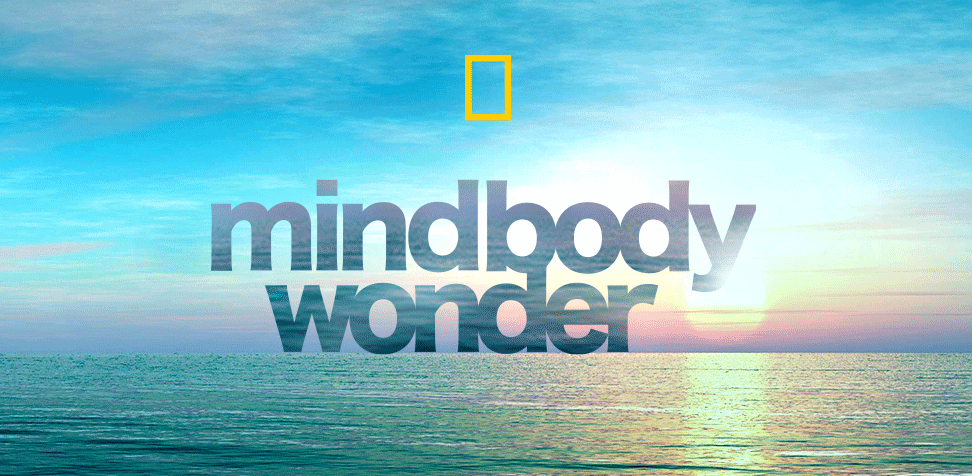 RJ Hamster
RJ Hamster Nature really is good medicine

This week: Science explains how nature affects our health; 4 tips to improve how you eat; everything you need to know about sunscreen; how to prepare for a heat wave; the “good” fat our bodies need more of; keeping ticks out of your yard. PHOTOGRAPH BY LUCAS FOGLIA Nature really is good medicine—and now science can tell us exactly how Doctors don’t usually prescribe spending time in nature, but perhaps they should: Reduced blood pressure and improved cognition and mental health are just a few of the documented benefits of spending time in “green” and “blue” spaces. Here are all the ways nature affects our bodies—and how much nature experts say we need in order to reap the benefits.HOW TO REAP THE BENEFITSPHOTOGRAPH BY LUCAS FOGLIA FROM THE ARCHIVES How nature affects our overstressed brainsOur brains aren’t tireless three-pound machines; they’re easily fatigued. Research shows just how our mental performance improves when we slow down.YOUR BRAIN ON NATUREMore on the health benefits of nature:•Some parts of nature may be more therapeutic than others•What exactly is ‘forest bathing’—and does it work? PHOTOGRAPH BY DARREN MUIR, STOCKSYWhat is your ‘food clock’? These 4 tips can improve how you eat Think about how many assumptions you make about eating—that if you eat little during the day you can feast at dinner, that eating chicken breast for breakfast is weird—and toss them out with the trash. Here are four science-backed tips to reorganize your eating day to best benefit your health. 4 TIPS THE SCIENCE OF FASTING: Research shows it has real benefits—and may help you live longer +PHOTOGRAPH BY JENN EMERLING, NAT GEO IMAGE COLLECTIONDoes sunscreen expire? How much SPF is enough? Your burning questions, answered Over time, sun exposure causes premature skin aging and cancers like melanoma—which are on the rise. We asked the experts to weigh in on everything you need to know about sunblock—from the difference between mineral and chemical varieties to when and how often you should be applying it.FROM A TO ZINC OXIDERELATED: Why sunglasses are just as important as sunscreen +HOW TO SURVIVE A HEAT WAVEPHOTOGRAPH BY TYRONE TURNER, NAT GEO IMAGE COLLECTION Across the U.S., heat waves have become longer, hotter, and more frequent in recent decades—and the risk of heat-related deaths and illnesses is increasing too. From dehumidifiers to electrolyte water, here’s what you need to know to protect yourself from deadly heat. HOW TO PREPARE YOURSELF AND YOUR HOME•How extreme heat affects our pets—and how to help them •How heat can make you sick—and kill you THE ‘GOOD’ FAT WE NEED MORE OFPHOTOGRAPH BY MARTY CHOBOT, NAT GEO IMAGE COLLECTION The fat most people picture is known as white fat. But you’re also born with brown fat, which is metabolically efficient. We lose brown fat as we age—and research shows if we had more of it, it could help reduce the risk of inflammatory diseases, control obesity, and ultimately lengthen our lives.TURNING WHITE FAT INTO BROWN FAT THE NEWS YOU MIGHT HAVE MISSEDPHOTOGRAPH BY DAVID BOWMAN, NAT GEO IMAGE COLLECTION Ticks are expected in the wilderness, but nowadays, they’re closer than you think: They could be in your neighborhood, or in your own backyard. From landscaping tips to insecticide treatments, here’s what experts recommend to mitigate these unseen foes—and the animals that bring them to your doorstep.TIPS TO KEEP TICKS OUT OF YOUR YARD RELATED: These bug repellents actually work—if you use them correctly +How alcohol messes with your sleep Air travel takes a toll on your body. Here’s what you can do about it. Want to keep your memory sharp? Here’s what science recommends. Do collagen supplements really work?

READ OUR LATEST STORIESSHOPDONATESUBSCRIBETRAVELClicking on the Facebook, Twitter, Instagram, and National Geographic Channel links will take you away from our National Geographic Partners site where different terms of use and privacy policy apply.
This email was sent to: peter.hovis@gmail.com. Please do not reply to this email as this address is not monitored.
This email contains an advertisement from:
National Geographic | 1145 17th Street, N.W. | Washington, D.C. 20036
Stop all types of future commercial email from National Geographic regarding its products, services, or experiences.
© 2023 National Geographic Partners, LLC, All rights reserved.